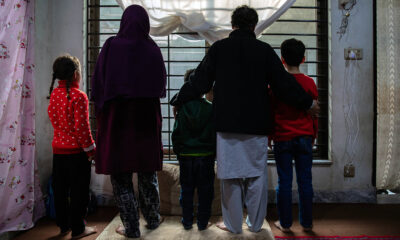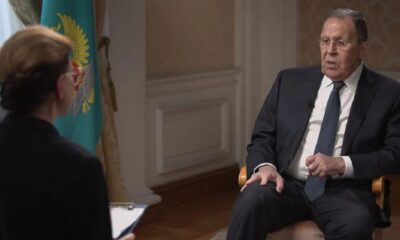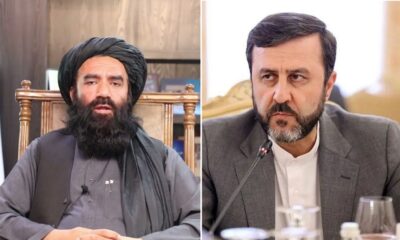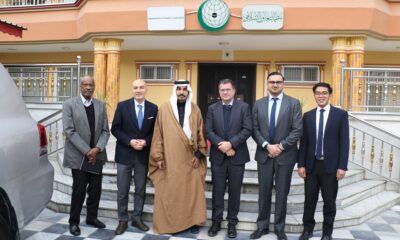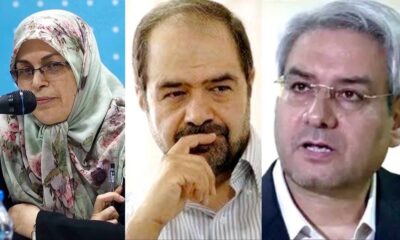Latest News
Dutch envoy says Afghanistan is at a crossroads in history
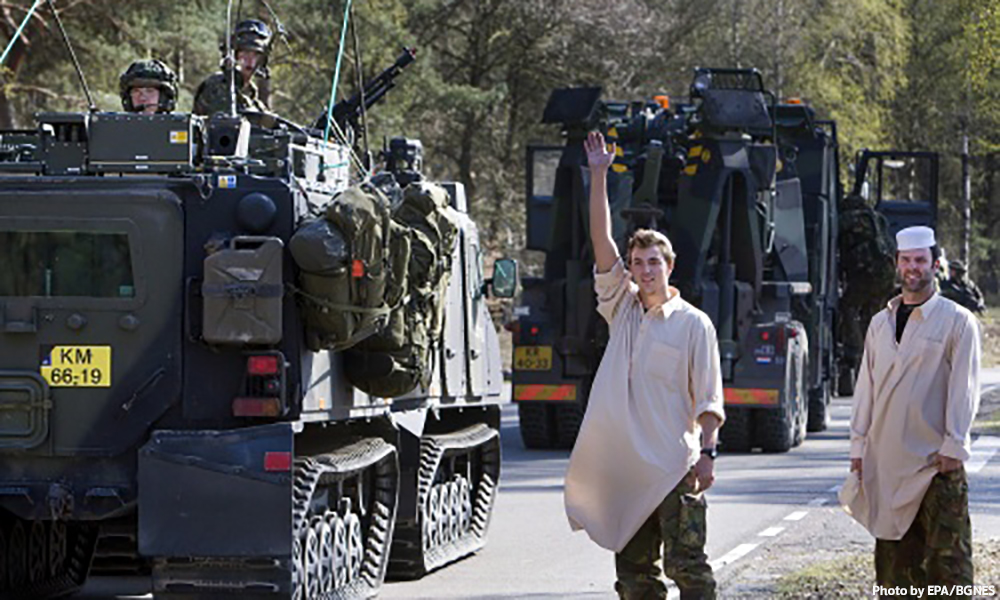
Caecilia Wijgers, the Dutch ambassador to Kabul, said on Thursday her country will continue to provide development assistance to Afghanistan as long as it can be done safely and responsibly.
Speaking after the last of Netherlands’ troops withdrew from Afghanistan this week,Wijgers said in a statement: “Development cooperation and military and diplomatic efforts have achieved significant results … and the security sector – which had to be built more or less from scratch – has been solidly underpinned thanks to financial support and training missions.
“The country now has a democratically elected government that allows space for free media. But growing instability and a lack of security show that these results are not irreversible.”
She said there has also been a change in the mindset of the people of Afghanistan and that society is showing the will to bring about positive change, and the strength to do so.
“This is not the same Afghanistan that was conquered by the Taliban in the late 1990s,” she said.
“We are standing at a crossroads in history. A new generation of Afghans has arisen, including many women who are not afraid to speak out.
“That progress needs to be safeguarded. And we need to continue supporting these people. Many sacrifices have been made to promote security, stability and human rights in Afghanistan. By Afghans, and also by the 25 Dutch military personnel who gave their lives for this cause. And the job is not yet done,” she said.
Wijgers also stated that a stable and secure Afghanistan is in the interests of the wider world, to prevent the country from once again becoming a haven of international terrorism, and to prevent large migration flows resulting from instability and conflicts in the future.’
Wijgers also noted it was “important to make clear that the Netherlands and other NATO Allies are still in Afghanistan, despite the withdrawal of the troops. As long as it’s safe to do so, the Netherlands will have a presence in the country, and we will work from Kabul together with Afghan government and civil society leaders. Because the ultimate goal is to achieve lasting – and above all independent – stability in Afghanistan.”
According to her, the Netherlands will go on providing development assistance as long as this can be done safely and responsibly, and as long as Dutch efforts remain sustainable.
“Among other things, our support is helping to build and strengthen the police and judicial sectors, to protect the Afghan people by enhancing the security of their communities, and to carry on demining activities. NATO will also continue to assist Afghanistan, for example by funding the Afghan armed forces,” she said.
Wijgers said peace talks between the Afghan Republic and the Taliban offer the best prospect of a stable and secure Afghanistan. “But this will take a great deal of effort and time to achieve. There is a very real chance that instability will increase again in the coming period, now that the Taliban are capturing more and more territory,” she said.
However, she stated the Netherland’s was not turning its back on Afghanistan – despite their troops having withdrawn.
“As we see it, now that we’re on board we can’t just abandon ship. It’s important that we remain committed to Afghanistan. So that everyone who has the courage to defend human rights can be supported. They are the agents of change. We are still there, for them and with them,” she said.
Wijgers said it was also important that the Afghan police continue to function effectively and that the Netherlands has invested a great deal in efforts to ensure this.
She went on to state that before “you can develop and progress, either as an individual or as a country, you first need to be able to exit survival mode.
“The people of Afghanistan are suffering from a collective trauma. For over 40 years, the country has been ravaged by conflict. Every family has lost someone, or seen someone killed.
“More and more victims of the country’s violent past are uniting to make their voices heard. For example at the peace talks in Doha, or in efforts to improve their own economic development. There also needs to be recognition of the suffering endured in order to move on,” she said.
Wijgers noted that despite the increasing violence, life in Afghanistan is not at a standstill. Children are going to school, and a growing number of women are attending higher education centers.
“In fact, at Herat University, over half the students are women.
“I have come to know the Afghans as a courageous, strong and proud people. They carry on resiliently, despite all they’ve gone through, and literally risk their lives every day to be able to do their work. We cannot abandon these people,” she said.
“Afghanistan has enormous potential and much to offer the world. But to achieve that, the country needs peace and stability. That remains its biggest challenge.”
Latest News
Pakistan to repatriate nearly 20,000 Afghans awaiting US resettlement
Authorities will also share verified data of the affected individuals with relevant departments to support implementation.
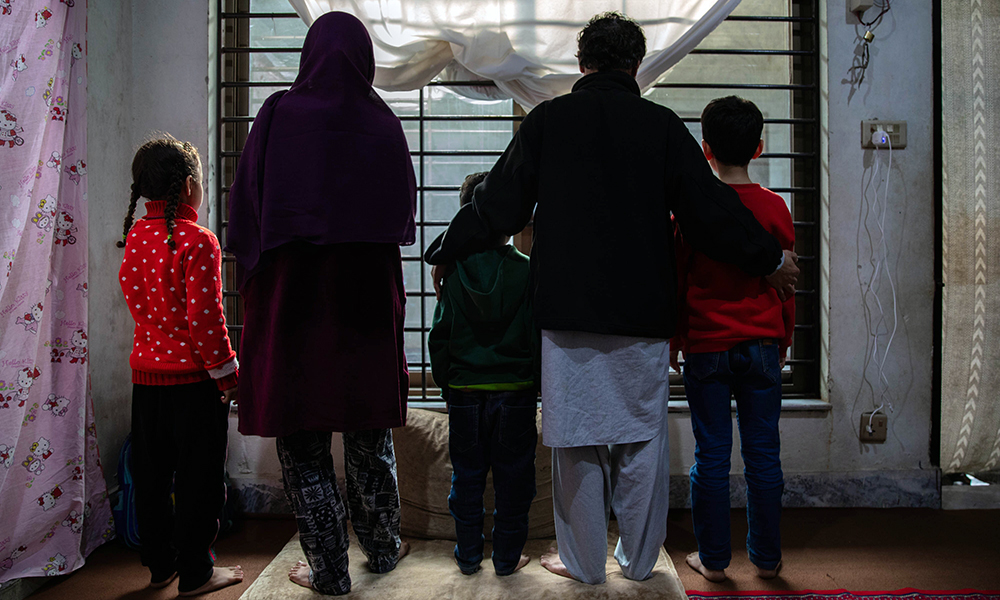
Pakistan will repatriate nearly 20,000 Afghan nationals currently awaiting resettlement in the United States, The Nation reported, citing official sources.
The move affects 19,973 Afghans living across Pakistan.
A federal directive will instruct provincial chief secretaries and police chiefs in Punjab, Sindh, Khyber Pakhtunkhwa, Balochistan, Azad Kashmir, Gilgit-Baltistan, and the Islamabad Capital Territory to begin the repatriation process immediately.
Authorities will also share verified data of the affected individuals with relevant departments to support implementation.
Following the Islamic Emirate’s return to power in 2021, more than 100,000 Afghans fled to Pakistan, many of whom had worked with the US and UK governments, international organizations, or aid agencies.
Thousands have remained stranded in Pakistan for over four years while awaiting US resettlement clearance.
Prospects for relocation have dimmed amid a suspension of case processing by the US administration, according to The Nation.
Under Pakistan’s Illegal Foreigners Repatriation Plan (IFRP), all Afghan nationals still awaiting US relocation will now be returned to Afghanistan.
Latest News
Terrorist activities observed along Afghanistan borders, says Lavrov
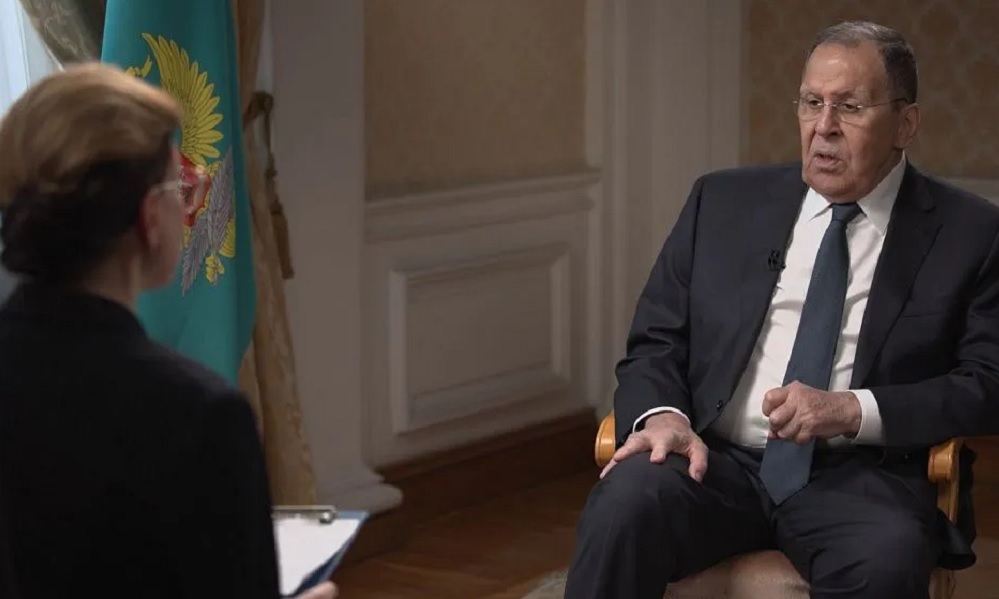
Terrorist activities continue to be observed along Afghanistan borders and along the India–Pakistan–Afghanistan corridor, Russian Foreign Minister Sergei Lavrov said in an interview published on Monday.
Speaking to Russia-based media outlet TV BRICS, Lavrov pointed to ongoing concerns in the Middle East, including its Asian regions.
He highlighted the importance of collaboration with India at the United Nations to advance a global counter-terrorism convention.
Lavrov stated that while the draft convention has already been prepared, consensus on its adoption has not yet been reached.
Russia has repeatedly expressed concern about militant threats from Afghanistan. The Islamic Emirate, however, has dismissed the concerns saying that it will not allow Afghanistan’s soil to be used against any country.
Latest News
Afghan border minister holds phone talks with Iran’s deputy foreign minister
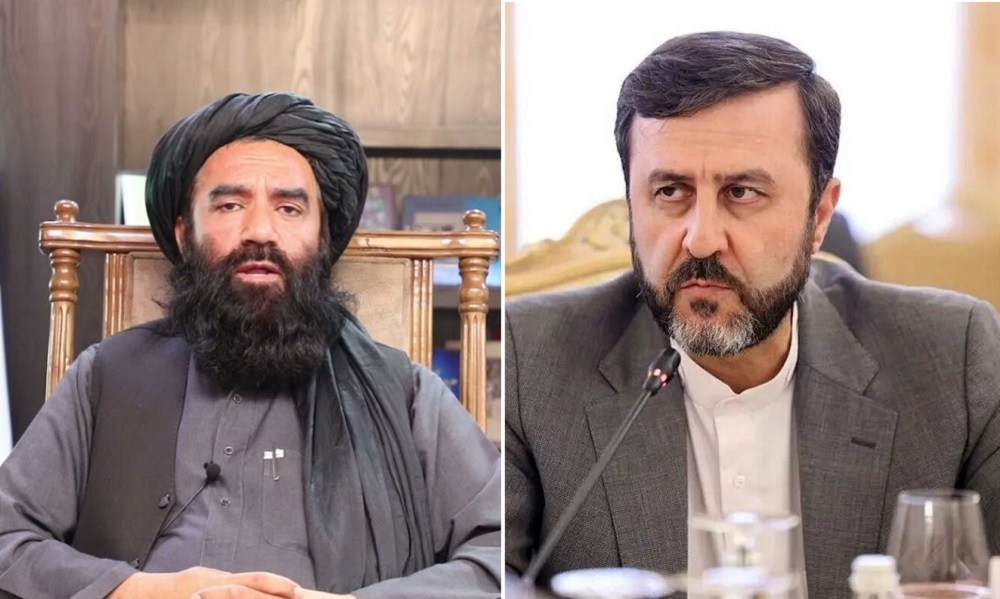
Noorullah Noori, Afghanistan’s Minister of Borders and Tribal Affairs, held a phone conversation with Kazem Gharibabadi, Iran’s Deputy Foreign Minister for Legal and International Affairs, to discuss bilateral border cooperation.
According to the Iranian news agency IRNA, both sides reaffirmed their commitment to strengthening border collaboration, with a particular focus on the ongoing renovation and updating of border markers. They also agreed to accelerate joint technical and legal meetings to enhance coordination.
As part of the agreement, the next meeting of senior border officials from Afghanistan and Iran is scheduled to take place in Iran in 1405 (2026–2027).
-

 Latest News3 days ago
Latest News3 days agoAfghanistan to grant one- to ten-year residency to foreign investors
-

 Latest News5 days ago
Latest News5 days agoTerrorist threat in Afghanistan must be taken seriously, China tells UNSC
-

 Sport4 days ago
Sport4 days agoIndonesia shock Japan to reach historic AFC Futsal Asian Cup final
-

 Sport5 days ago
Sport5 days agoMilano Cortina 2026 Winter Olympics: What You Need to Know
-

 Sport3 days ago
Sport3 days agoIran clinch AFC Futsal Asian Cup 2026 in penalty shootout thriller
-
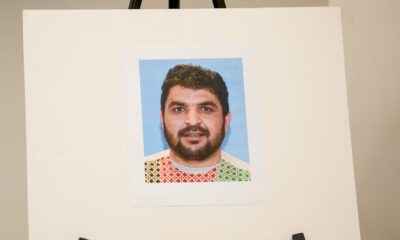
 Latest News5 days ago
Latest News5 days agoUS Justice Department to seek death penalty for Afghan suspect in National Guard shooting
-

 Latest News3 days ago
Latest News3 days agoAfghanistan says Pakistan is shifting blame for its own security failures
-
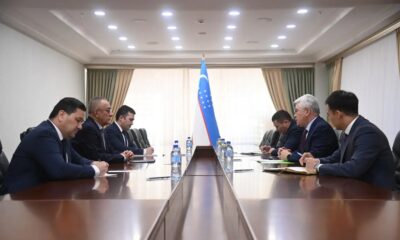
 Latest News5 days ago
Latest News5 days agoUzbekistan, Kazakhstan discuss cooperation on Afghanistan


